|
Over the last week or so, you’ve probably noticed a change in the news reports about COVID-19, the illness caused by the novel coronavirus. Until recently, many reports focused on what was known about the virus: where it was, how fast it could spread and how many people were infected. In the past few days, the focus has changed to what is being done to stop the spread and manage care.
Today in The Conversation Canada, Kevin Quigley of Dalhousie University explains that Canada’s response is moving from the learning phase to the operational phase. Experience gained during the last pandemic – the H1N1 influenza in 2009 – will be useful when making operational decisions about providing timely information, maintaining critical services and ensuring the health-care system has the resources it needs during a health crisis.
Also today:
Regards,
|
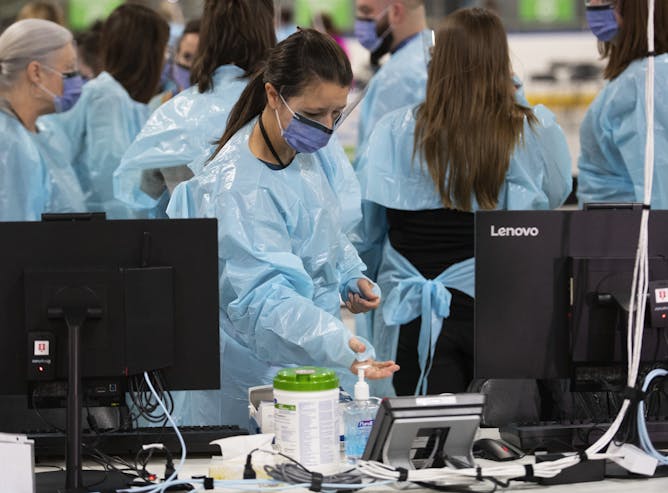
A health-care worker prepares for the opening of the COVID-19 Assessment Centre in Ottawa, during a media tour on March 13, 2020.
(THE CANADIAN PRESS/Justin Tang)
Kevin Quigley, Dalhousie University
As response to COVID-19 moves from a learning phase to an operational phase, lessons from the 2009 H1N1 pandemic can inform Canada's action plan.
|
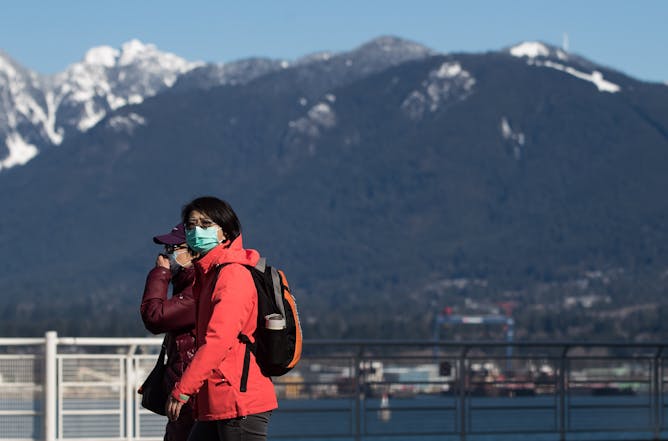
People wearing protective face masks walk on a nearly deserted plaza outside Canada Place in Vancouver on March 14, 2020.
THE CANADIAN PRESS/Darryl Dyck
Yanqiu Rachel Zhou, McMaster University
The face mask shortage shows how governments can either work together with global supply chains in positive ways or revert to state-centric policies that prevent us from dealing with COVID-19.
|
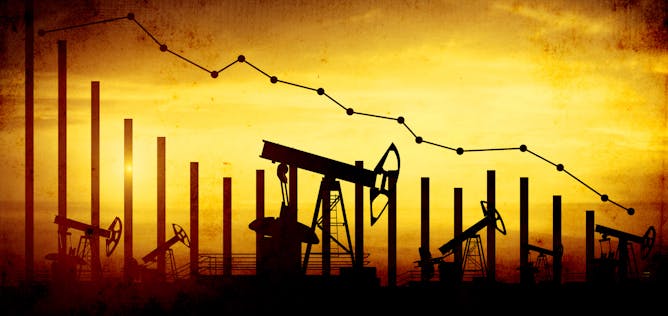
COVID-19 is resulting in dramatically decreased demand for gasoline and jet fuel, but it’s just the latest in a string of bad news for oil producers.
(Shutterstock)
Warren Mabee, Queen's University, Ontario
COVID-19 is a huge challenge for the whole world, and Canadian oil producers, already suffering from long-term market trends, will be particularly badly hit.
|
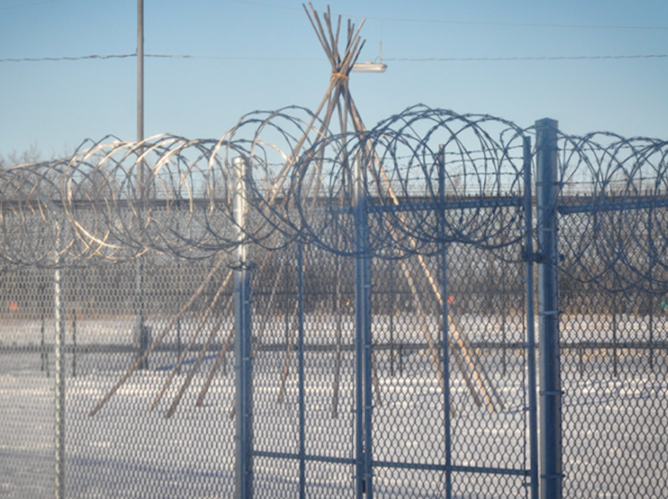
A tipi at a federal prison in Edmonton. Prison systems have legal options to decrease their prison populations, including ways to return Indigenous people in prison to their communities.
(The Office of the Correctional Investigator)
Martha Paynter, Dalhousie University
Rapidly decreasing the prison population by letting people out is a public health imperative as governments for solutions to slow down the spread of the COVID-19 virus.
|
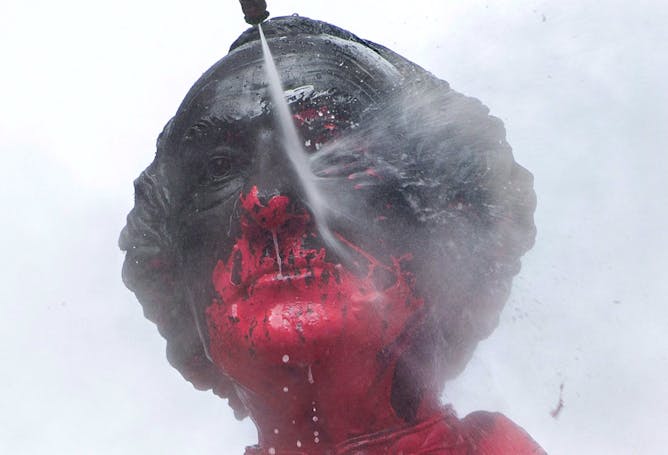
The statue of Sir John A. Macdonald being cleaned after it was vandalized in Montreal in 2018.
THE CANADIAN PRESS/Graham Hughes
Reuben Rose-Redwood, University of Victoria; Wil Patrick, University of Victoria
The vandalism of colonial statues is an expression of political protest against the celebration of settler colonialism in Canada.
|

Un homme passe devant un grand panneau qui annonce les Jeux olympiques de Tokyo de 2020. Les organisateurs ont résisté aux demandes de reporter ou d’annuler les Jeux, prévus pour le 24 juillet.
(AP Photo/Jae C. Hong)
Nicole W. Forrester, Ryerson University; Lianne Foti, University of Guelph
Alors que les événements sportifs du monde entier sont annulés ou remis, le Comité international olympique refuse pour l'instant d'annuler les Jeux olympiques d'été à Tokyo.
|
Politics
|
-
Eitan Tzelgov, University of East Anglia
Benjamin Netanyahu's rival, Benny Gantz, has improved his chances of becoming prime minister of Israel.
|
|
Environment + Energy
|
-
Lucy Woodall, University of Oxford
Unless we know what is in the ocean, we can’t protect the biggest part of the planet.
|
|
Science + Technology
|
-
Amélie Beaudet, University of the Witwatersrand
The findings suggest that this specimen could climb and move in trees. But it may also have been able to walk on the ground. This echoes previous studies.
|
|